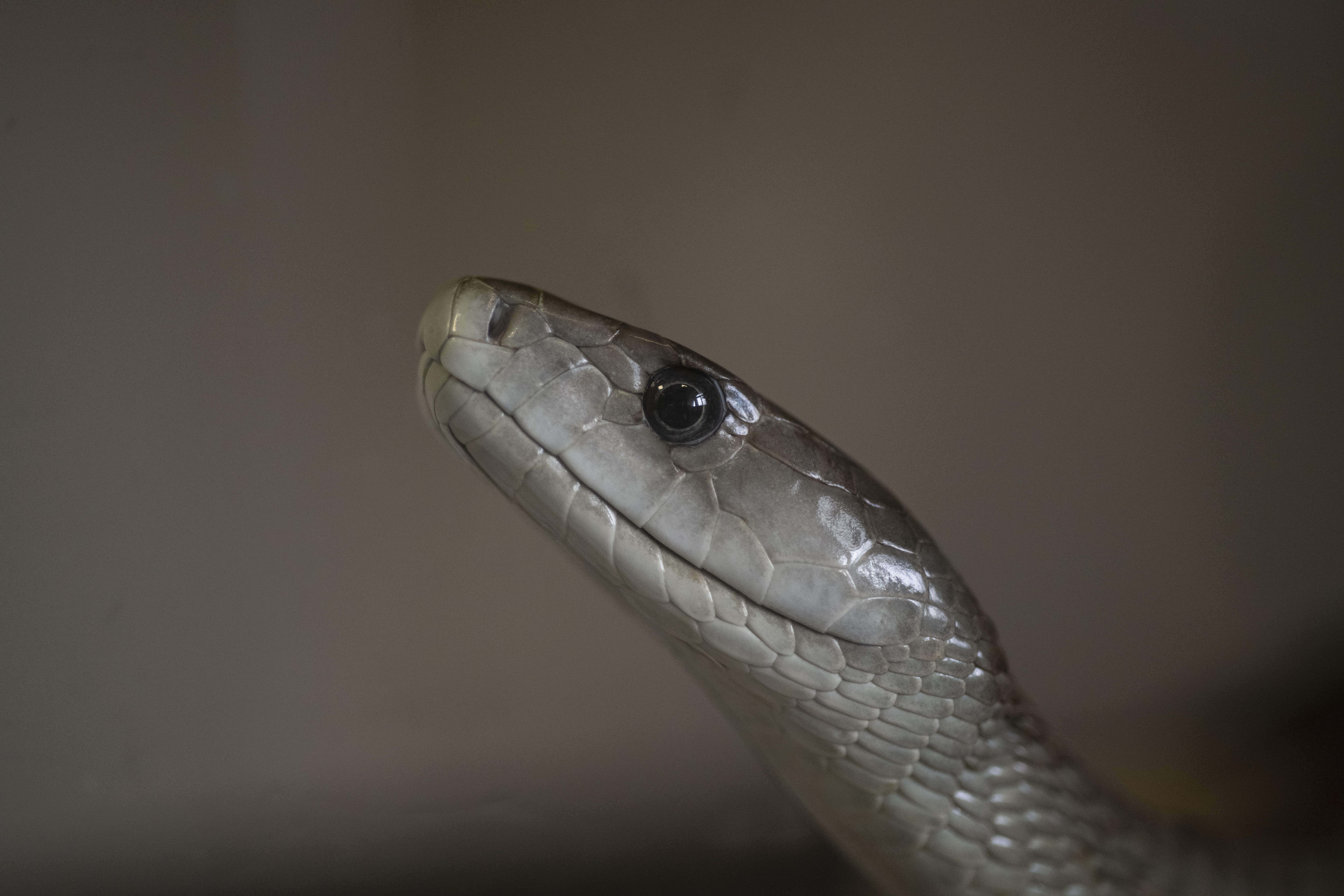
Scientists from Liverpool School of Tropical Medicine (LSTM), Scripps Research and the Indian Institute of Science have developed an antibody that can block the effects of venom from some of the world's deadliest snakes.
The research consortium, funded by Wellcome Trust, has developed a human antibody, known as 95Mat5, capable of neutralising the effects of neurotoxic venom from a variety of snakes.
The study, published in the journal Science Translational Medicine, is a milestone in addressing the problem of snakebite envenoming and provides a major step towards creating better antivenoms. More than 100,000 lives are lost annually to snakebites, a neglected tropical disease affecting people predominantly in Asia and Africa.
Current antivenoms, derived from immunising animals with snake venom, have limitations and can only treat bites from a few species of snakes in one region. They also come with a high cost and can cause severe side effects.
Professor Nicholas Casewell, Head of the Centre for Snakebite Research and Intervention (CSRI) at LSTM and co-author of the paper describing the antibody, said: "This study is really exciting because it moves the boundaries of what we thought a single antibody would be capable of in the context of snakebite."
"This monoclonal antibody, 95Mat5, offers promising potential as a supplement to existing anti-venoms, making them more effective and with the added advantage of being derived from human sources, minimising the risk of adverse effects."
This discovery began with the collaborative effort of scientists from Scripps Research and LSTM, who analysed proteins found in elapids – a family of around 300 venomous snake species – to identify common toxins that cause neurotoxicity. Using synthetic versions of these ‘long-chain alpha-neurotoxins’, the team screened billions of human antibodies to identify 95Mat5, and demonstrated that it bound to and blocked toxin activity.
Professor Joseph Jardine at Scripps Research, the study’s senior author, said: "This antibody works against one of the major toxins found across numerous snake species that contribute to tens of thousands of deaths every year.”
"This could be incredibly valuable for people in low- and middle-income countries that have the largest burden of deaths and injuries from snakebites."
Co-author Dr Rohit Patel, a post-doctoral researcher at CSRI, evaluated the neutralising effects of the antibody at LSTM, said: “The use of artificial toxins and a synthetic library of antibodies to generate such a promising antibody is particularly impressive, negating the use of animals for antibody production could really speed up the development of new antibodies targeted against different toxin families”.
Further validation of 95Mat5's efficacy was conducted by Professor Kartik Sunagar's team at the Indian Institute of Science, where the antibody showed complete protection in advanced preclinical studies. 95Mat5 demonstrated effectiveness against the potent venoms of the black mamba, monocled cobra and king cobra.
However, Professor Casewell said that more research will be required to understand the antibody’s true potential. "While this antibody shows promise in neutralising a wide range of venom toxins, challenges remain in addressing the diversity of venom compositions across snake species. Our ongoing research aims to develop a cocktail of antibodies capable of neutralising venoms from every dangerous snake species."
Looking ahead, the researchers envision clinical trials to evaluate the safety and efficacy of 95Mat5 in humans. Challenges persist, particularly in ensuring cost-effectiveness in low and middle-income countries. However, the potential of monoclonal antibodies to revolutionise snakebite treatment offers a glimmer of hope for the millions affected by this neglected tropical disease.